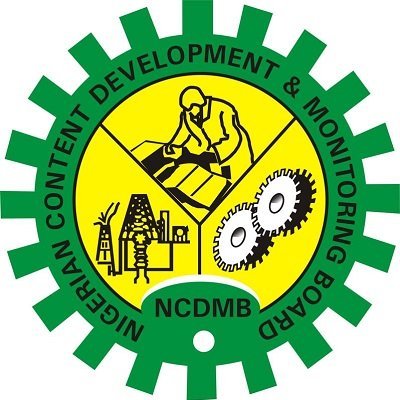The Federal Government says is time for African countries to reposition local content in the oil and gas sector to maximise value chain, boost the sector and develop the continent. Sen. Heineken Lokpobiri, Minister of State for Petroleum Resources (Oil), made the call at the 3rd Edition of the African Local Content Roundtable in Abuja. The two-day Roundtable with the theme, ”Enhancing Local Content Development and deployment in Africa Oil and Gas Industry” was being organised by the Heritage Times. The meeting is an annual gathering of stakeholders in Africa’s Oil and Gas industry. The aim is to review the approaches and regulations employed to drive local content along the industry’s value chain, and address the imminent challenges.
The minister said that the gathering was organised to build a data base of available skills as a means of leveraging African Continental Free Trade Area (ACFTA) protocol to ease mobility of labour among member countries, thereby reducing dependence on western nations for manpower expertise. He commended the Nigerian Content Development and Monitoring Board (NCDMB) and other partners for sponsoring the event. He added that hosting of the roundtable was in line with the renewed Hope Agenda of President Bola Tinubu. The minister said that the president’s agenda is anchored on positioning the Nigerian economy to look inwards for goods, services and manpower needs of strategic sectors of the country’s economy. According to Lokpobiri, Africa is largely known for supplying raw materials to other countries of the world with capacity and capability to explore, produce and process its hydrocarbon resources into petroleum derivatives for its own use and the export markets. “We recognise the immense economic and social impact that hydrocarbon reserves hold. With an estimated 125 billion barrels of oil equivalent, the African continent collectively hosts about 10 per cent of global hydrocarbon reserves.
“The gathering is a significant asset base to drive development; it is African responsibility to exploit the oil and gas resources for the benefit of the citizens, business community and governments of respective countries. On behalf of the Federal Republic of Nigeria, I would like to express my deep appreciation to all the distinguished delegates who have travelled from different countries to join us today. Your presence is a testament to the commitment we share in harnessing the potentials of Africa’s hydrocarbon resources,” Lokpobiri stressed. Similarly, the Secretary-General of the African Petroleum Producers Organisation (APPO), Dr Omar Ibrahim, observed that for the past 100 years, Africa had been producing Oil and Gas. Ibrahim added that, in spite of the billions of dollars that the continent had made from the sector, it was still dependent on foreign investment to carry out oil and gas projects in Africa. “We have continued to be dependent on oil technologies developed from outside, even when we have the oil and gas resources. We have been conditioned to believe that it is normal.
“In spite of our rich resources, Africa remains the continent with the largest proportion of its population living in energy poverty. Over 600 million people in the continent do not have access to electricity, and over 900 million do not have access to any form of modern energy for cooking and domestic use. We export over 70 per cent of our oil and over 40 per cent of our gas. These are the challenges facing the oil and gas industry in Africa, and these are the challenges that we must collectively address,” Ibrahim stressed. He further explained that, APPO is committed to changing the pathetic situation, adding that Africa must be allowed to use its over 125 billion barrels of oil and over 600 trillion cubic feet of gas to lift its people out of poverty. Also contributing, the Executive Secretary of NCDMB, Mr Simbi Wabote, said the expectations from the forum was to creat an opportunity to support credible action plans from the panelists to enhance the oil and gas sector in Africa.
In achieving this, Wabote said an enabling regulatory framework backed with appropriate legislation was required to practice local content in Africa. He further explained that the law must promote an enabling investment rather than becoming a stumbling block. “In Nigeria, we started with policy directives to different local content practice in our oil and gas sector in 2010. We enacted the Nigerian Oil and Gas Industry Development Content Act which gives stronger legal backing for implementation of the policies,” Wabote said. The event attracted oil experts across Africa to deliberate, form a collaborative platform to deepen economic integration among member countries in key areas such as: Synergy in vocational training, professional development and many others. (NAN)

